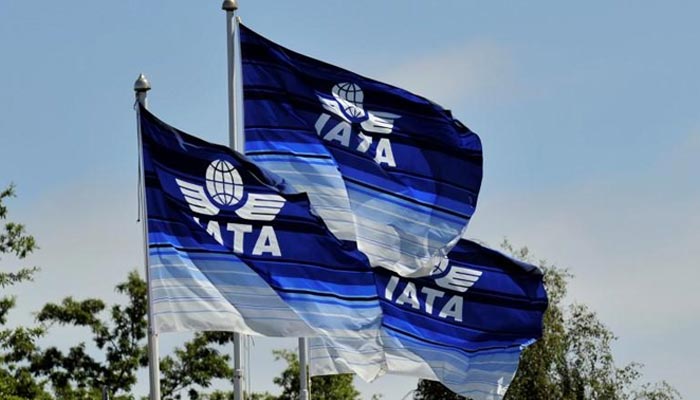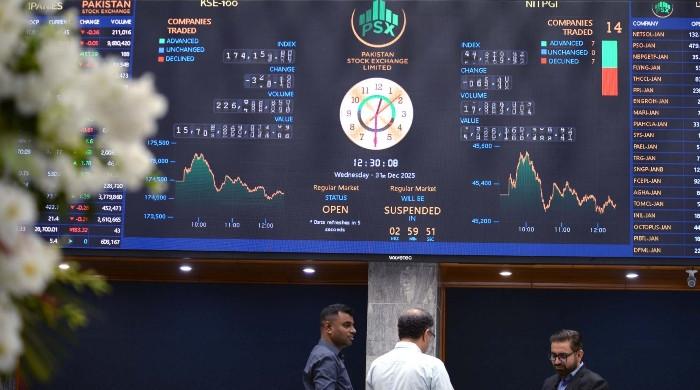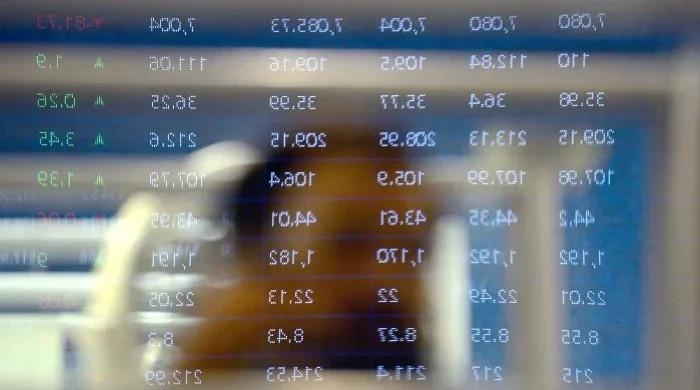Aviation must meet 'ambitious' carbon targets: IATA
Air transport is in the spotlight for its outsized role in the climate crisis
September 27, 2022

- Air transport is in the spotlight for its outsized role in climate crisis.
- Assembly will review its symbolic "long-term objective".
- IATA represents 290 airlines — or some 83% of global air traffic.
PARIS: The aviation sector must meet "ambitious" goals enshrined in the Paris Climate Accords to reduce its carbon footprint, the head of an international air transport body said Tuesday.
Delegates of the 193 member countries of the International Civil Aviation Organization (ICAO) convene from Tuesday until October 7 at the Montreal headquarters of the UN agency for its 41st triennial assembly
With air transport in the spotlight for its outsized role in the climate crisis, the assembly will review its symbolic "long-term objective": reducing net aviation emissions by mid-century.
The proposal will be subject to a majority vote — which does not seem to be assured against a backdrop of diplomatic stiffening and the energy crisis.
Willie Walsh, director general of the International Air Transport Association (IATA), said Tuesday it would be a "failure" by the industry if next the assembly failed to underscore that commitment.
"I think we have to be realistic that, in the current environment, anything short of ICAO agreeing to that long-term aspirational goal of net zero in 2050 will be a huge disappointment," Walsh said.
The IATA represents 290 airlines — or some 83% of global air traffic.
The zero-emissions goal is part of attempts to limit the rise in global temperatures to 1.5 Celsius compared to pre-industrial levels.
"I think anything shy of that and this assembly will be viewed as a failure," warned Walsh, conceding the industry had to meet a "significant and ambitious target."
He urged the ICAO to get governments and regulators aligned and "agree on their long-term aspirational goal on net-zero in 2050."
Underscoring a move towards sustainable aviation fuels as "a key driver to achieving our goals," Walsh urged governments to incentivise their increased production for traditional suppliers.
Sustainable fuels can reduce CO2 lifecycle emissions by some 80% compared with kerosene derived from fossil fuels.
But to date, they comprise a tiny proportion of aviation fuels owing to still-limited production capacity.









